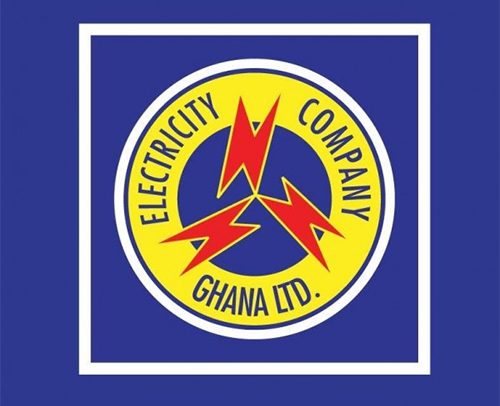In a significant development, the Cabinet has unanimously decided to withdraw the previously approved policy of imposing a 15% value-added tax (VAT) on electricity.
This decision brings respite to consumers who will no longer be burdened with paying the controversial tax on top of their electricity bills.
The earlier approved policy had faced widespread criticism from citizens, the governing party and industry stakeholders alike, who argued that it would increase the financial burden on households and businesses during an already challenging economic period. Recognizing these concerns, the Cabinet conducted an in-depth evaluation of the policy and took public sentiments into account before reaching this unanimous verdict.
The withdrawal of the 15% VAT on electricity demonstrates the government’s commitment to listening and responding to the needs of its people.
This decision is expected to provide relief to consumers, particularly those belonging to low and middle-income groups who often bear the brunt of such tax increases.
Moreover, the government has taken an additional step by announcing its intention to engage in discussions with the International Monetary Fund (IMF) regarding the potential revenue shortfall.
This proactive approach reflects the administration’s commitment to responsible fiscal management. By seeking guidance and exploring potential solutions with an international financial institution like the IMF, the government aims to address the revenue implications associated with the withdrawal of the VAT on electricity.
The discussions with the IMF will focus on finding alternative revenue sources and ensuring financial stability for the country’s economic future. This move allows the government to explore potential avenues for compensating any shortfall that may arise due to the elimination of the VAT on electricity.
While further details about these discussions with the IMF are yet to be unveiled, the government remains steadfast in its commitment to safeguarding the financial well-being of the country and its citizens. By prioritizing open dialogue and collaboration with the international community, the government aims to find equitable solutions that benefit the nation as a whole.
With the withdrawal of the 15% VAT on electricity and the commencement of dialogues with the IMF, the government strives to strike a balance between the welfare of its citizens and the financial necessities of the country. This decision showcases the administration’s responsiveness to public concerns and determination to navigate any associated fiscal challenges.
The decision to reverse the VAT policy came after significant concerns and opposition from various stakeholders, including the Trades Union Congress (TUC).
The TUC, along with other organized labor groups, held a meeting on February 2 and determined to organize a nationwide demonstration on February 13.
The purpose of the demonstration is to urge the government to withdraw the directive to the Electricity Company of Ghana (ECG) and Northern Electricity Distribution Company (NEDCo) to implement the 15% VAT charge on residential electricity consumption.
In light of the planned demonstration, organized labor has instructed all its members in both the public and private sectors to wear red bands at work from February 5 to February 12. Notifications will also be sent to the Inspector General of Police and all 16 regional commands regarding the upcoming demonstration.
The TUC has stated that if the directive on the VAT was not withdrawn after the demonstration, another meeting will be held to decide when to initiate a nationwide strike.
By Vincent Kubi


